Writer/Director Ari Aster’s feature-length debut, Hereditary, has been generating a lot of buzz on the festival circuit, the general consensus being that it is a really, really scary movie. It is difficult for any film to live up to that kind of hype, but an April 21st screening at the Overlook Film Festival (held in New Orleans this year) left its audience shaken. Overlook is a festival focusing solely on Horror, so chances are those audience members are not ones to scare easily, but judging from the atmosphere in Le Petit Theatre that night, Hereditary delivers.

Set for a wide release in theaters Friday, June 8, 2018 through indie production company A24, Hereditary is incredibly effective as a genre film, so it might be surprising to learn that Aster’s original vision was that of a family drama. During a brief Q&A after the Overlook screening, he explained how that vision evolved. He wanted to tell a story about trauma, and since trauma and its effects are inherently horrifying, it is not a stretch to depict these through nightmarish imagery.
The issue at the heart of the film is that of grief. Annie Graham (Toni Collette: The Sixth Sense 1999, Little Miss Sunshine 2006) has just lost her mother, an eccentric and difficult woman with whom Annie does not get along. This complicated relationship results in a complicated grief experience for the bereaved daughter, whose singular goal at this point is to avoid placing any more stress on her family. She and her husband Steve (Gabriel Byrne: The Usual Suspects 1995, End of Days 1999) are the parents of a son, Peter (Alex Wolff: The Sitter 2011, Patriot Day 2016), and daughter, Charlie (Milly Shapiro), who is clearly struggling with some issues of her own.
In an attempt to sort out her feelings, Annie begins attending a support group, but she does so in secret, under the pretext of “going to a movie.” This is a telling detail that highlights the very American tendency toward denial. It is difficult to come to terms with death, let alone develop a healthy relationship with it, but Westerners are particularly squeamish. We Americans wear sunglasses to funerals and tell each other to be strong. We apologize for our tears, no matter how justified or sincere they may be because we feel shame for losing composure, for showing vulnerability, for being human. We bury our grief like we bury our dead. If it goes unacknowledged for too long, that grief sometimes seeks expression as something akin to madness – or rage.
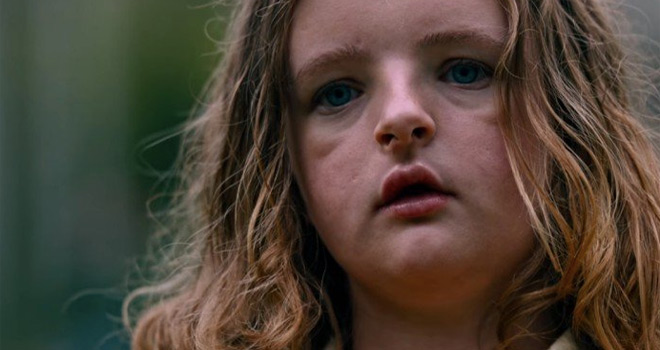
The specter of suppressed emotions and things unsaid is a constant presence in Hereditary. Not only does the viewer anticipate an encounter with something terrifying in the material sense, but one also knows that the characters might snap at any minute. In one particular scene at the Graham family dinner table, the tension is so thick the family may as well be playing “Hot Potato” with a time bomb, and the resulting verbal explosion is almost as disconcerting as the more overt horrors of the film – but not quite.
Hereditary makes liberal use of metaphor. Annie is an artist who creates dollhouse-style miniatures, and many of the spaces she and her family occupy are rendered in striking detail. Meanwhile, Charlie prefers her tree-house to her actual house, sometimes spending the night there despite the cold and her parents’ protests. Hereditary is an allegory for trauma, something that occurs in real life; likewise, Annie’s miniatures are small-scale representations of the fictional world in the film. This microcosm within a microcosm underscores the central themes, while also contributing to the atmosphere of isolation. Charlie’s tree-house, another living space rendered in miniature, functions similarly to Annie’s creations, but with additional connotations of ancestry, of blood ties – of heredity. It’s as if Charlie’s night-time sanctuary has been constructed in a crook in the Graham family tree itself.
Some films initially branded as horror are so thick with symbolism that the horror gets lost somewhere, and the classification is ultimately dismissed in favor of more “respectable” genres like thriller or dark fantasy. Aster is not afraid to give Hereditary the label it deserves, and while it does include a great deal of metaphor, it does not do so at the expense of the genre. That there is something evil plaguing this family is unambiguous – a treat for genre fans who might be somewhat disenchanted with the recent trend of explaining away supernatural elements by suggesting it was all in someone’s head. The film applies masterful use of framing and light, ramping up the tension by placing the characters in small spaces that sometimes feel as confining as the rooms in Annie’s dollhouses.
Jump scares are scarce. Instead, soft-focus apparitions emerge slowly in dark corners, and the fact that something is wrong barely registers before the camera pans away, leaving the viewer to wonder just what it was that they saw. Those disorienting moments are especially effective, allowing the audience to empathize with the characters, who are equally bemused. Of course, not everything is so subtle as anyone who has seen the trailers knows. Hereditary features enough truly jarring moments to satisfy those who prefer their horror to have a bite. Such moments will certainly have more casual fans quite disturbed.
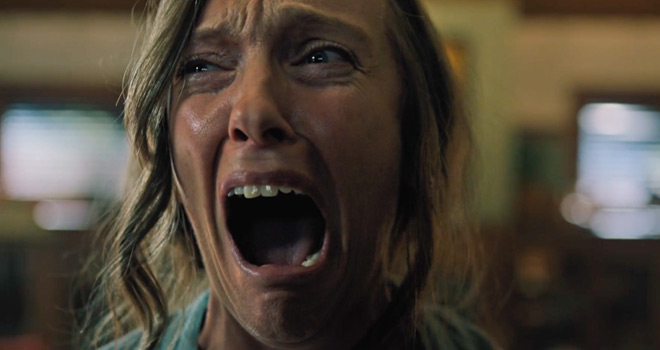
Aster’s comments suggest that the horror is secondary to the very real human experiences it represents, and perhaps this is what makes the film work so well. Every shadowy apparition, every guttural rumbling, and every shocking act of violence has a purpose beyond simply scaring the viewer. The subtext implicit in each scene adds an additional layer of dread with which the audience must contend. His reason for using horror as the vehicle through which he would tell this story of grief and trauma was simple: “I had a feeling that if I tried writing a horror film, it would be easier to finance.” His instincts proved correct, and Aster credits the Horror community’s receptiveness as playing a role in that. “It is easier to make horror films” he said to the Overlook audience, “because of people like you.” We can only hope that Aster and others like him continue to take chances on the genre. CrypticRock gives Hereditary 4.5 out 5 stars.
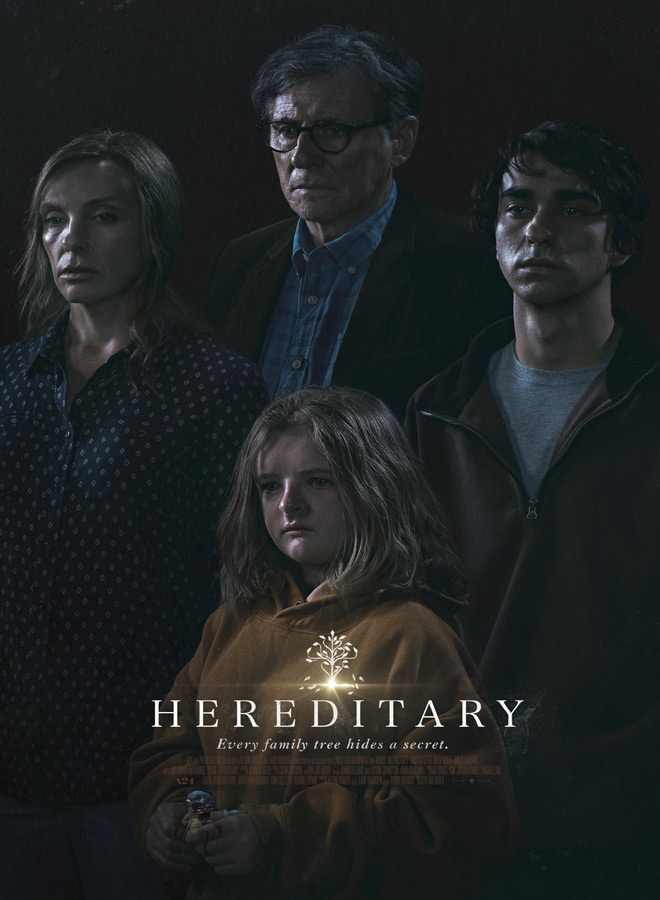

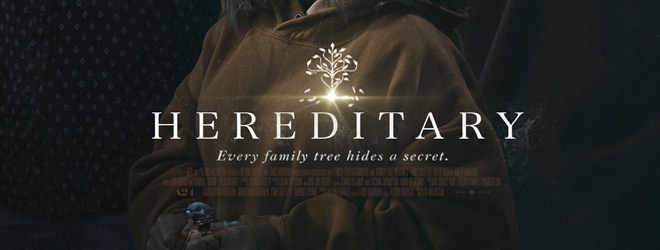
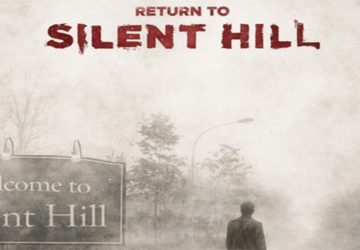
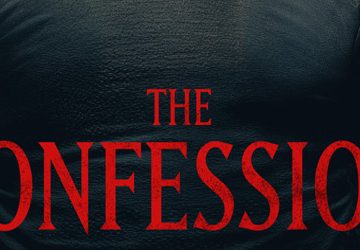


No comment